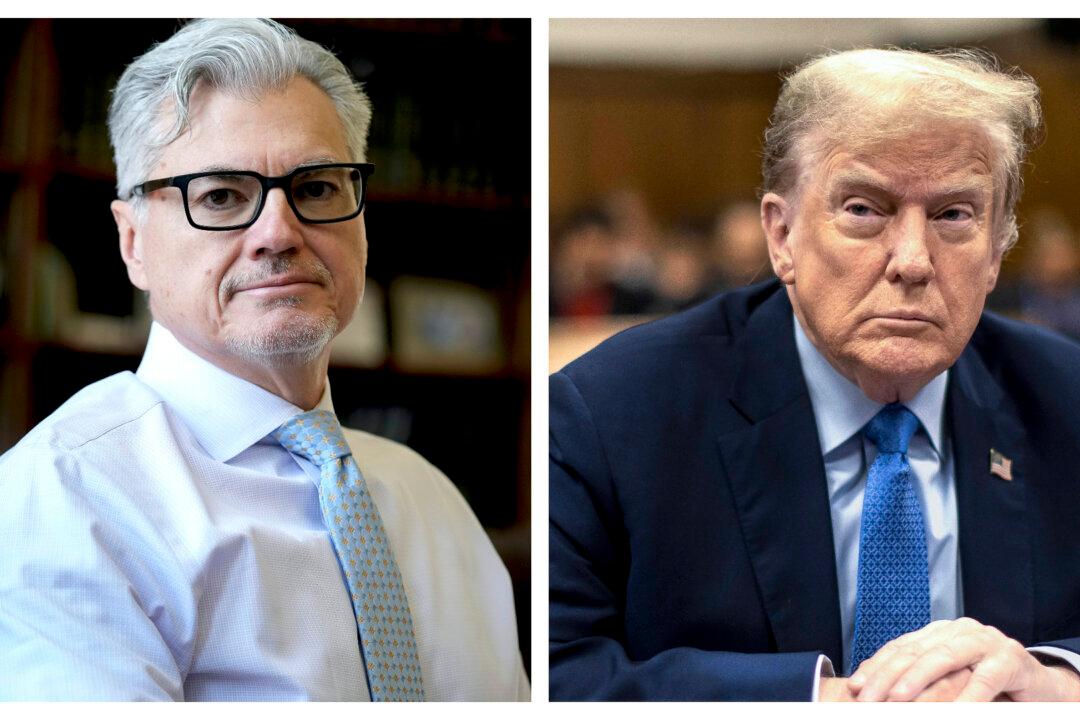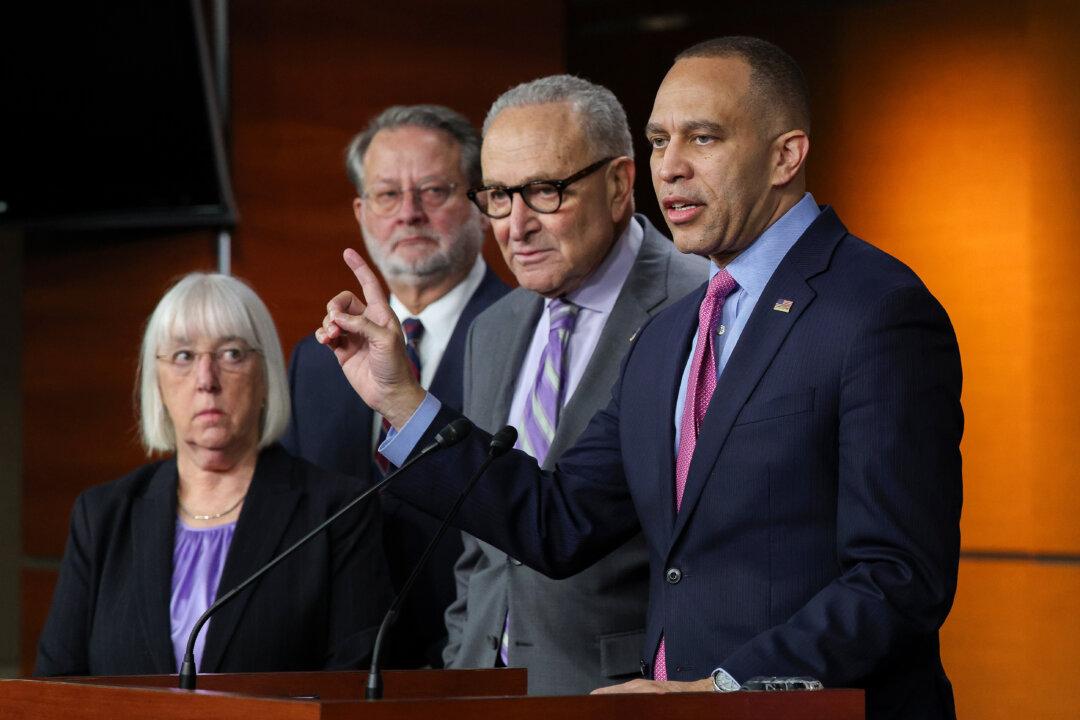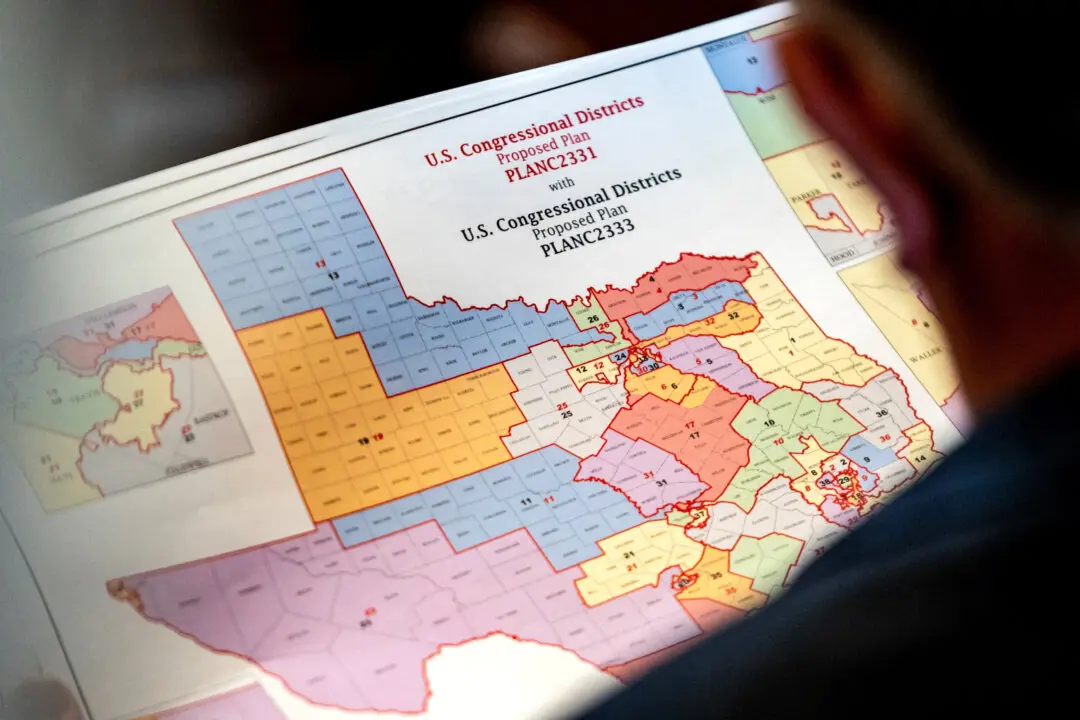Former President Donald Trump’s third attempt to have Judge Juan Merchan recuse himself from overseeing his criminal case in the New York Supreme Court was denied on Aug. 13.
In his most recent motion, Trump again raised concerns about an alleged conflict of interest, claiming that Merchan’s daughter stood to gain financially from the court’s decisions, as had been addressed in earlier motions to convince the judge to recuse.





